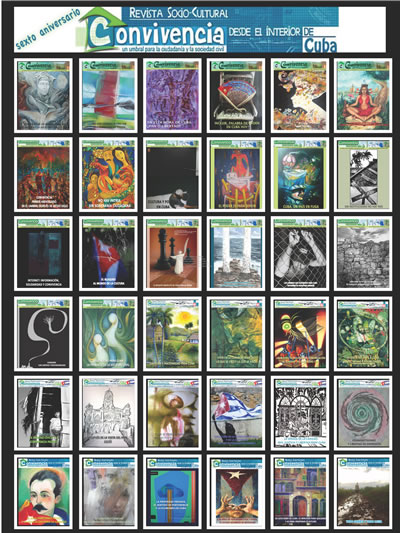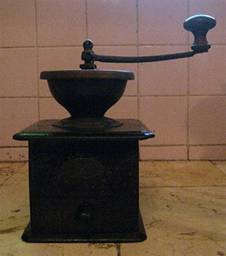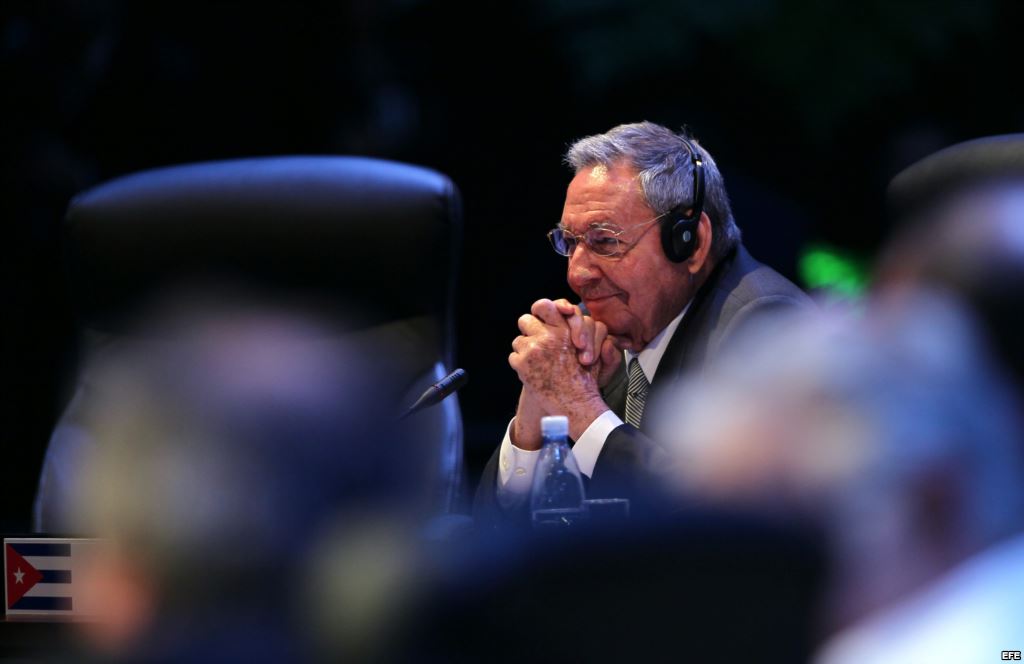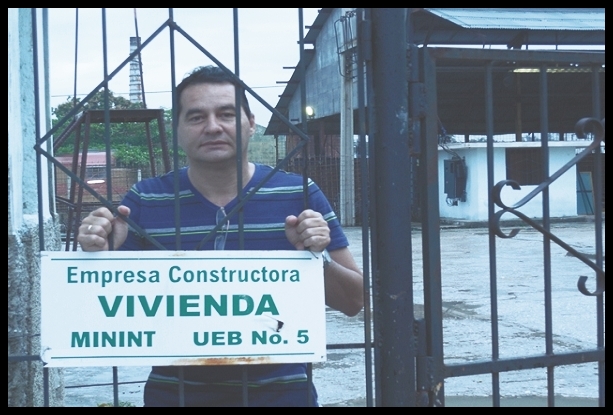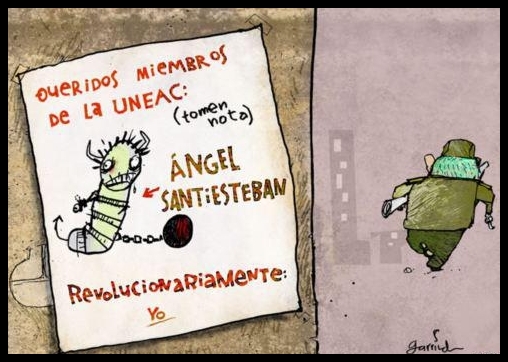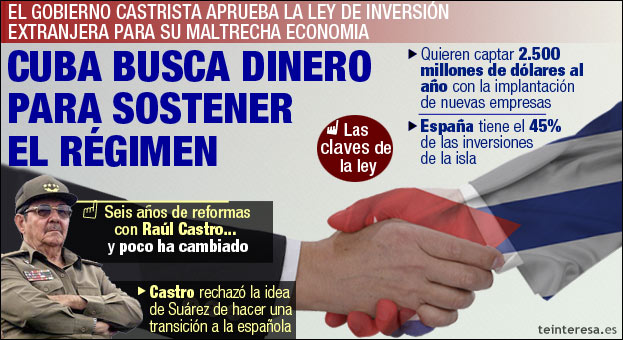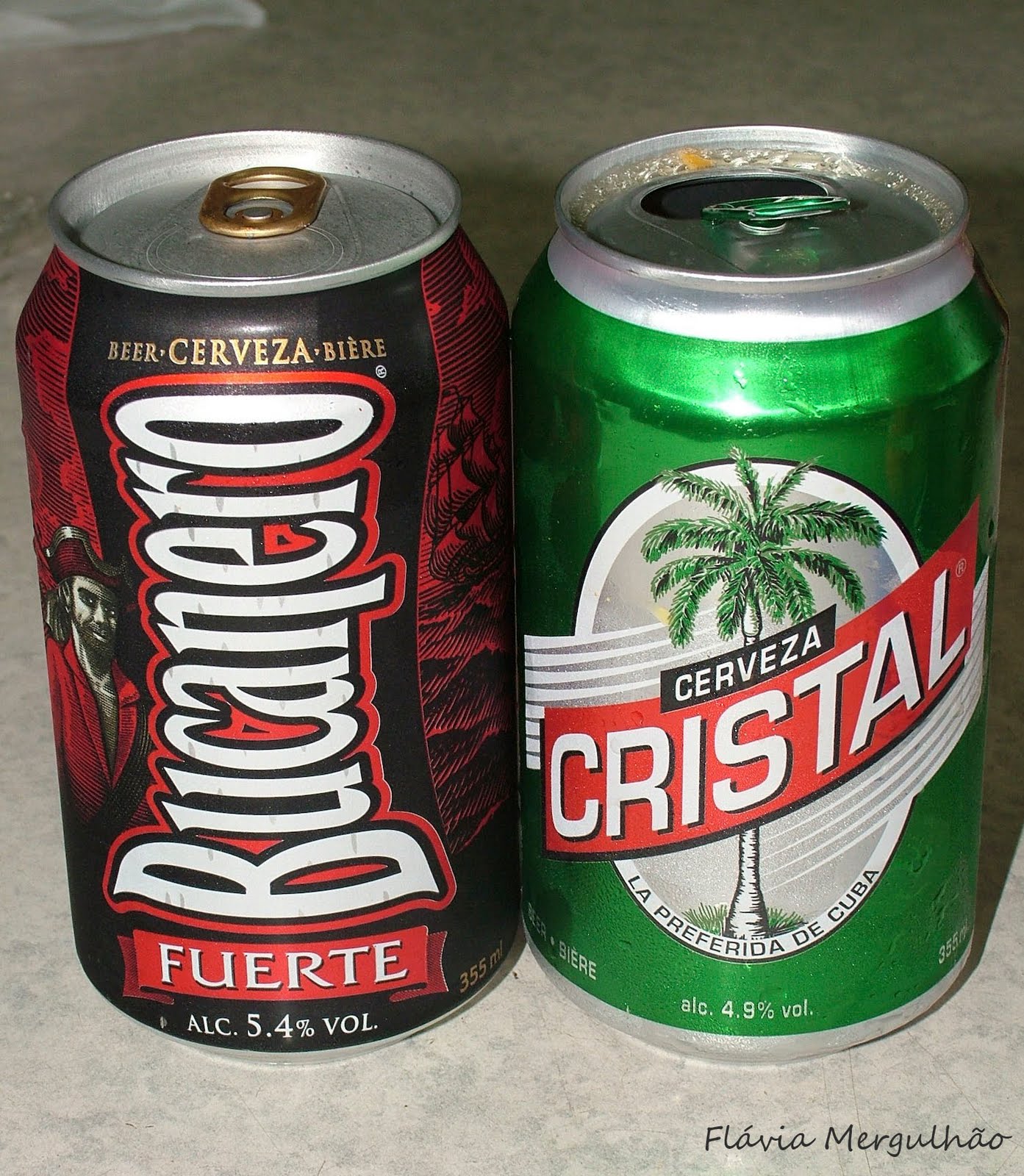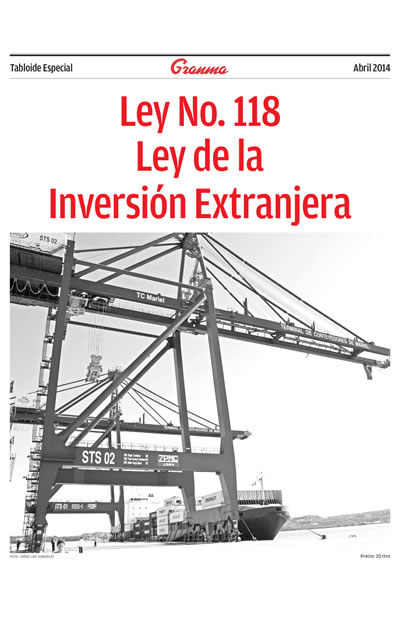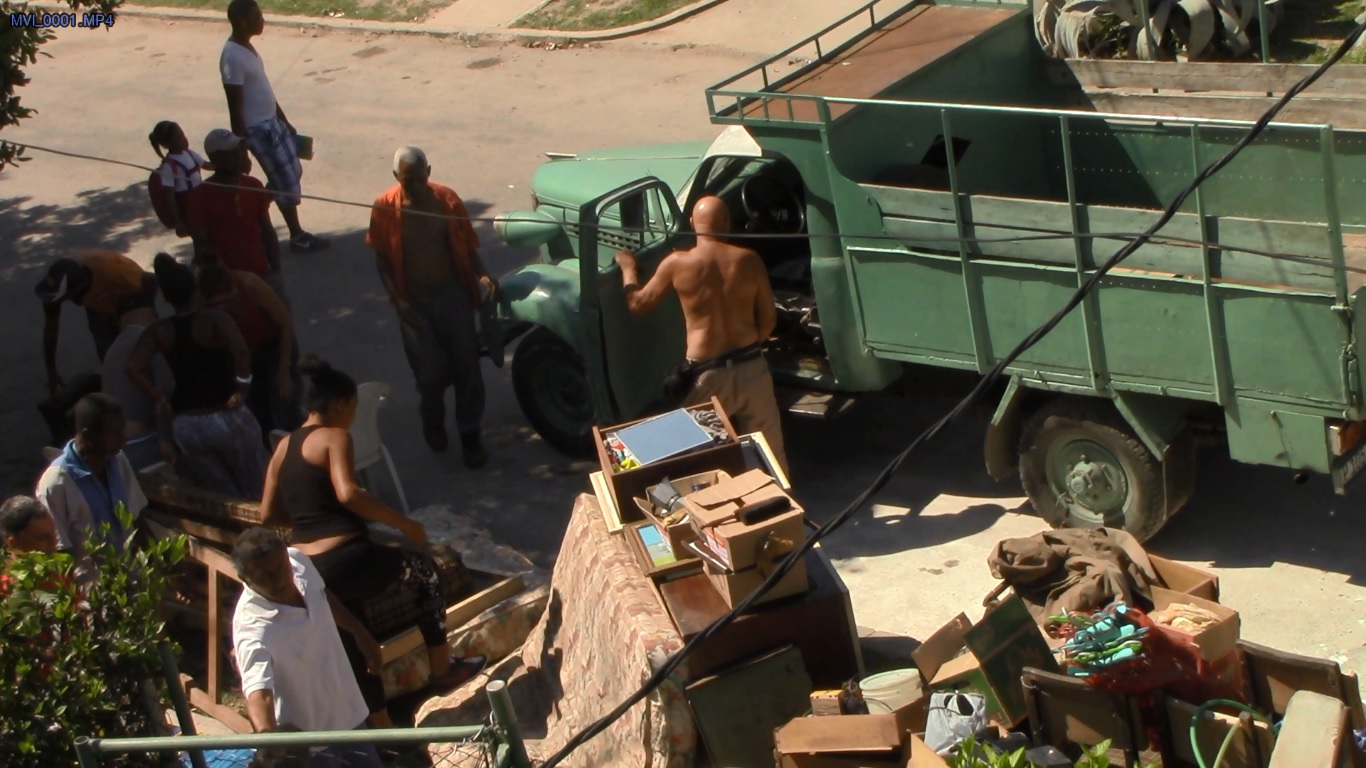
Photo by Rebeca
Neither black nor white, Cuba is mixed, some of the country’s investigators and intellectuals have asserted for some time now. The declaration seems to respond to an eminently political intention: incorporation into the current Latin American mixed ethnicity, so fashionable among our populists.
This tendency, promoted by the authorities and some associated personalities, instead of looking objectively at the African influence in the formation of the Cuban nationality and identity, overestimating it to the detriment of the Spanish, also an original race. To do this, for many years, they have officially and supported and promoted its demonstration, both in arts and religion, with the objective of presenting it as the genuine Cuban.
Bandying about issues of race has many facets and, hence, varied interpretations. Marti said they didn’t exist, and wrote about the different people who populate the distinct regions of the planer, noting their unique characteristics, both positive and negative and which, in practice, differentiate them. His romantic humanism went one way and reality another. In more recent times, they sent us to Africa to fight against colonialism, to settle a historical debt with the people of that continent brought to Cuba as slaves, according to what they tell us.
That is, we accept that they can’t free themselves and we, in some way considering ourselves superior, come to their aid, independent of the true political hegemonic interests, which were the real reason for our presence in favor of one side in the conflict, during the so-called Cold War.
Without falling into the absurd extremes, talking about superior and inferior races, in reality there are differences of every kind between the historical inhabitants of different regions. To hide or distort it doesn’t help anyone. Some ethnic groups have developed more than others and have contributed more to humanity, and still do.
No wonder we speak of a developed North and the underdeveloped South, and it has not only influenced the exploitation of some by others, as both the carnivorous and vegetarian Left and their followers like to argue. There are those who, with their talent and work, are able to produce wealth, and those who find it more difficult and only create misery.
In Cuba, the original population lived in north of South America and expanded to the Antilles. Afterwards came the Spanish, and later the blacks, Chinese, Arabs, French, Japanese and the representatives of other nations of the world, bringing their customs, characteristics, traditions, virtues, defects and cultures, which in the great mix (never in a pot) formed the Cuban nation. For many years whites were the majority, followed by mixed, blacks and Asians (in 1953, whites were 72.8%, mixed 14.5%, black 12.4% and Asians 0.3% of the population).
From the year 1959, with the mass exodus of whites and Asians, who settled mainly in the United States, and the increase in births in the black and mestizo population, plus the various racial mixtures, their percentages increased within the country, but not among Cubans living abroad, who are mostly white.
To ignore the statistics constitutes both a demographic and political mistake, they are as Cuban as those based in the country, often with more rooted customs, traditions and culture. Cuba is white, mestizo, black and Asian and much more, but above all, it is Cuba. Who benefits politically from this extemporaneous definition of a mixed Cuba? What are they trying to accomplish? to divide Cubans still further?
It is absurd that, after years indoctrinating people about the non-existence of races (say man and you will have said it all), and not taken into account published statistics, now appears this strange assertion,which no one is interested in or cares about, whites, blacks, mixed, Asians, trying to survive within a system that has been unable, for over 56 years, of solving its citizens’ problems.
It’s a secret to no one, that it is precisely and black and mixed population that is most affected by the economic and social crisis, the most discriminated against by the authorities, despite their discourse, propaganda, and the 30% quotas within political and governmental organization.
With the exception athletes and artists, blacks and mixed-race are the poorest, hold the worst jobs, are least likely to graduate from college, live int he worst conditions, often bordering on slums, and are the most likely to be in jail or prison.
I doubt that the conclusions reached by these investigators and intellectuals have some practical value or help in any way to change this terrible situation, nor to the authorities of Public Order cease to besiege them, continually stopping them and demanding their ID cars on the streets of our towns and cities.
11 April 2014
